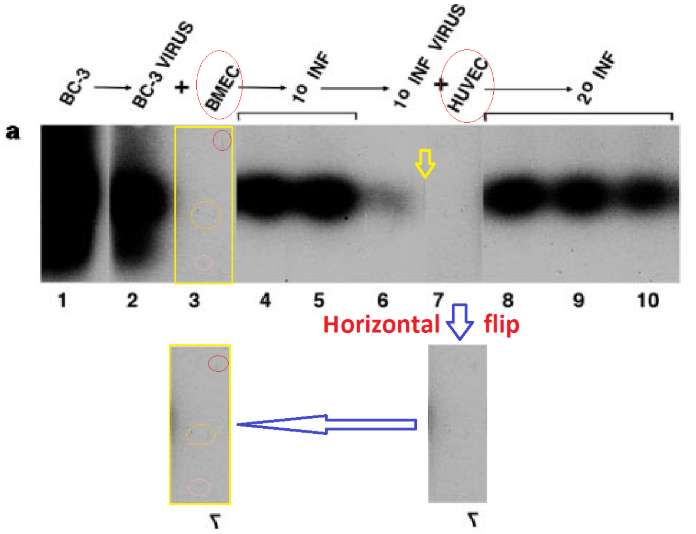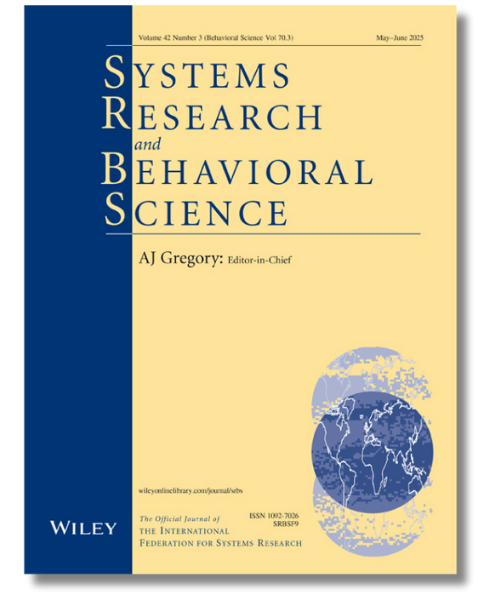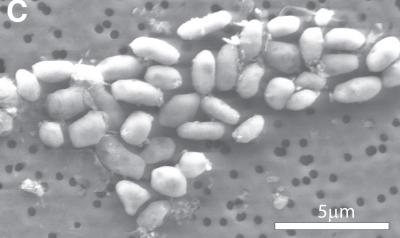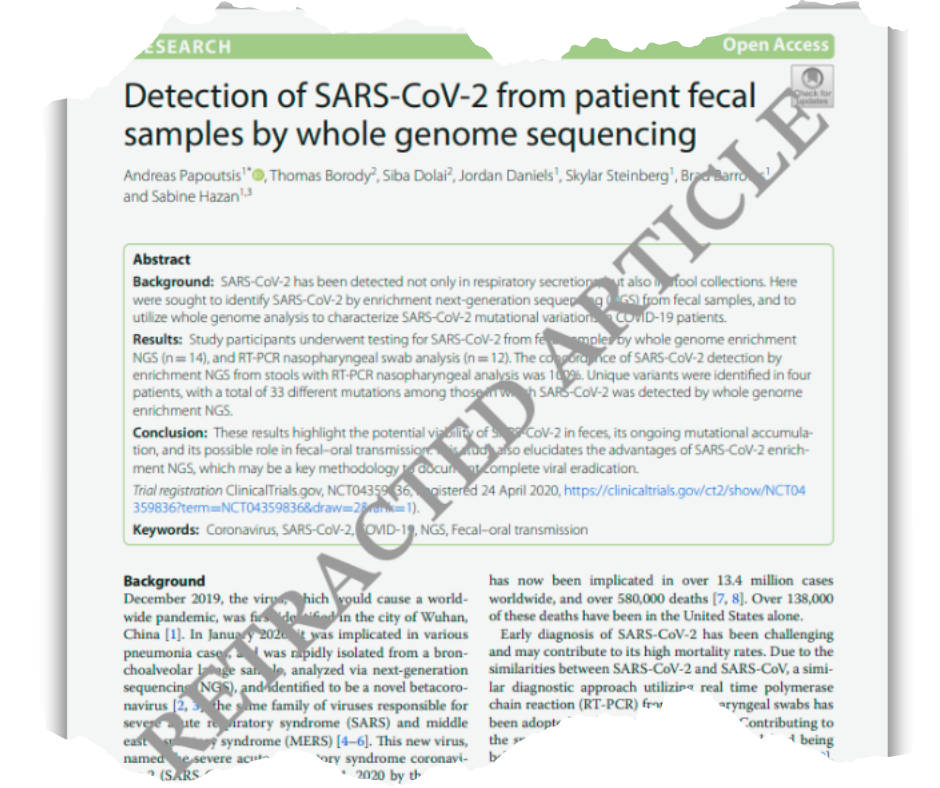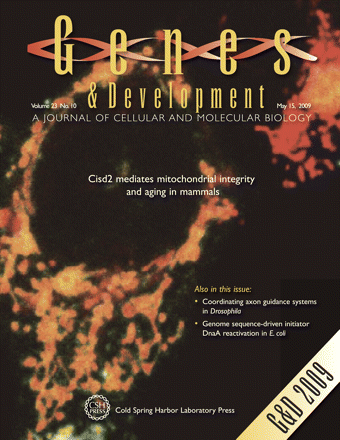Authors affiliated with a federal health sciences university have lost three papers this year for image duplication following an investigation by the institution. And another journal has confirmed it will retract a fourth paper by some of the same authors.
The “internal research misconduct investigation” conducted by the Uniformed Services University, or USU, in Bethesda, Md., found “several falsified or inappropriately duplicated images” and “images from previously published articles,” according to two of the retraction notices. USU, an institution focused on military medicine and part of the U.S. Department of Defense, acknowledged our multiple requests for comment about the investigation but did not provide a statement.
In January, Retraction Watch filed a Freedom of Information Act request about the investigation. The Department of Defense acknowledged our request on January 7, noting the agency has 4,552 open requests that are processed in the order in which they are received.
Continue reading Misconduct investigation at U.S. military university uncovers image duplication
